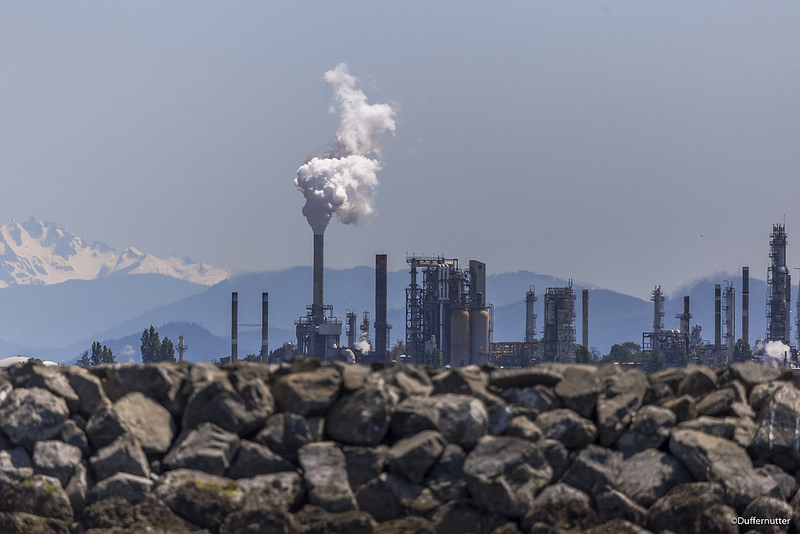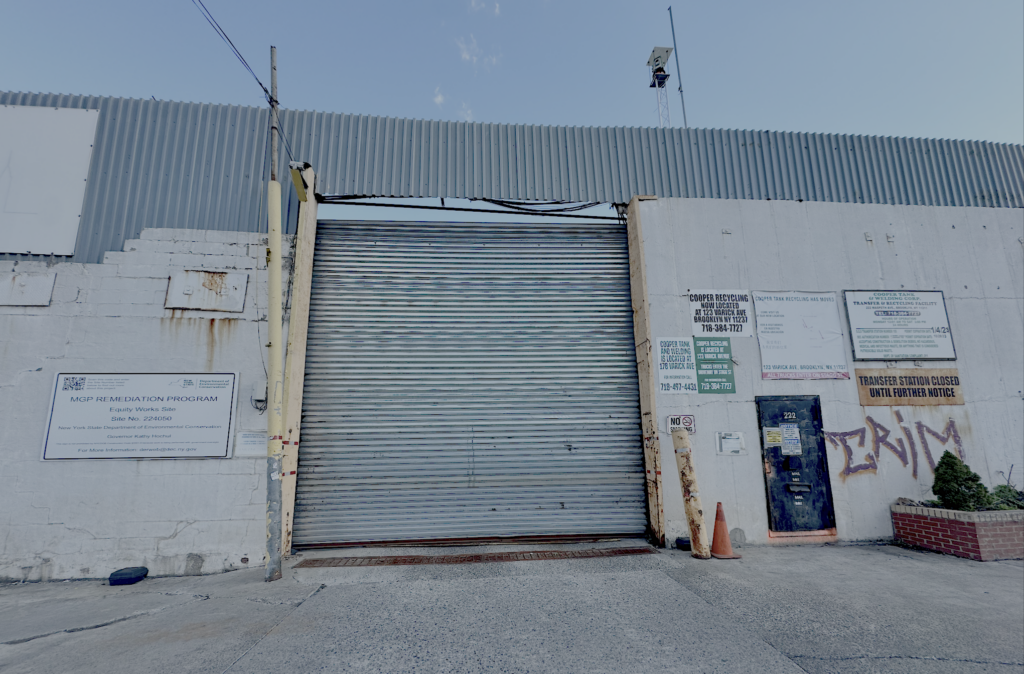The UK’s largest energy companies, Shell and BP, have been called out for putting shareholders before the planet. The companies lavished £25 billion on their shareholders last year, while spending less than two percent of their capital expenditure on low-carbon technologies, according to a new report.
Between them, Shell and BP have pledged a whopping $220 billion on extracting CO2 emitting fuel in the next ten years. If burned, this would be guaranteed to contravene the UK’s internationally-agreed commitment to limit warming to less than 1.5 degrees.
The High Pay Centre and Trade Union Congress note in their report that in 2018 Shell and BP between them spent less than two percent of their capital expenditure on technologies that future generations will depend upon. Shell pledged to invest $1-2 billion in ‘new energy’, while BP invested just $500 million in low carbon activity energy.
“This is a clear misallocation of capital that is at odds with a just transition towards a sustainable world,” the report notes.
Like what you’re reading? Support our work – Become a patron today!
Shareholders first
In response to the problem, the groups are calling for urgent reform to a “shareholder first” business model that harms the planet and future generations.
According to the research, “Any effort to act responsibly is constrained by the straightjacket of maximising shareholder value.”
The briefing calls for a change to section 172 of the Companies Act to force CEOs to make “the long-term success of the company” their “primary aim”, including “a responsible approach to the impact of the company’s operations on human rights and on the environment.’”
A recent report by Share Action highlights the findings of the Intergovernmental Panel on Climate Change, that if global warming rises above 1.5 degrees it means “an extra 10 million people being exposed to sea level rise and associated coastal flooding and salt water”.
Yet, there is no immediate consequence of polluting behaviour for business leaders. Share Action notes:
“This year, the directors of BP, Chevron, ExxonMobil, Shell and Total were all (re-) elected with on average 97 percent support from shareholders, despite these companies being some of the largest emitting companies on earth and lacking plans to transition to a well-below 2°C world”.
Trying to do good
According to the High Pay Centre and TUC, progressive corporates can find themselves ‘vulnerable to hostile takeover’ when they choose to pursue long-term sustainability over short-term profits. The report argues that where improving sustainability reduces their quarterly profits, CEOs can find their leadership of the company threatened by shareholders.
The report highlights the case of Unilever, regarded as a pioneer in the field of sustainable development. Unilever took “industry-leading steps on climate change, human rights and smallholder agriculture.”
However, the report recounts how Unilever was subject to a £115 billion hostile takeover bid in 2016. It was fought off but, in response, Unilever cut costs and loaded up debt, “which has been used to pay off shareholders,” the report notes – showing the urgent need for reform.
“I think there’s definitely an inevitable conflict of interest between shareholder pressure for short term profits and long-term sustainability objectives,” Luke Hildyard, Director of the High Pay Centre told DeSmog.
“What we would like to see is a pretty fundamental change of what business is for – getting boards to see their profit as a means of fulfilling their more fundamental purpose as an organisation, rather than actually being their fundamental purpose,” he said.
“That change of culture is probably something that will take years to instill, and in the case of many environmental problems, change needs to happen more urgently.”
Image credit: John DUffy/Flickr CC BY 2.0
Subscribe to our newsletter
Stay up to date with DeSmog news and alerts







